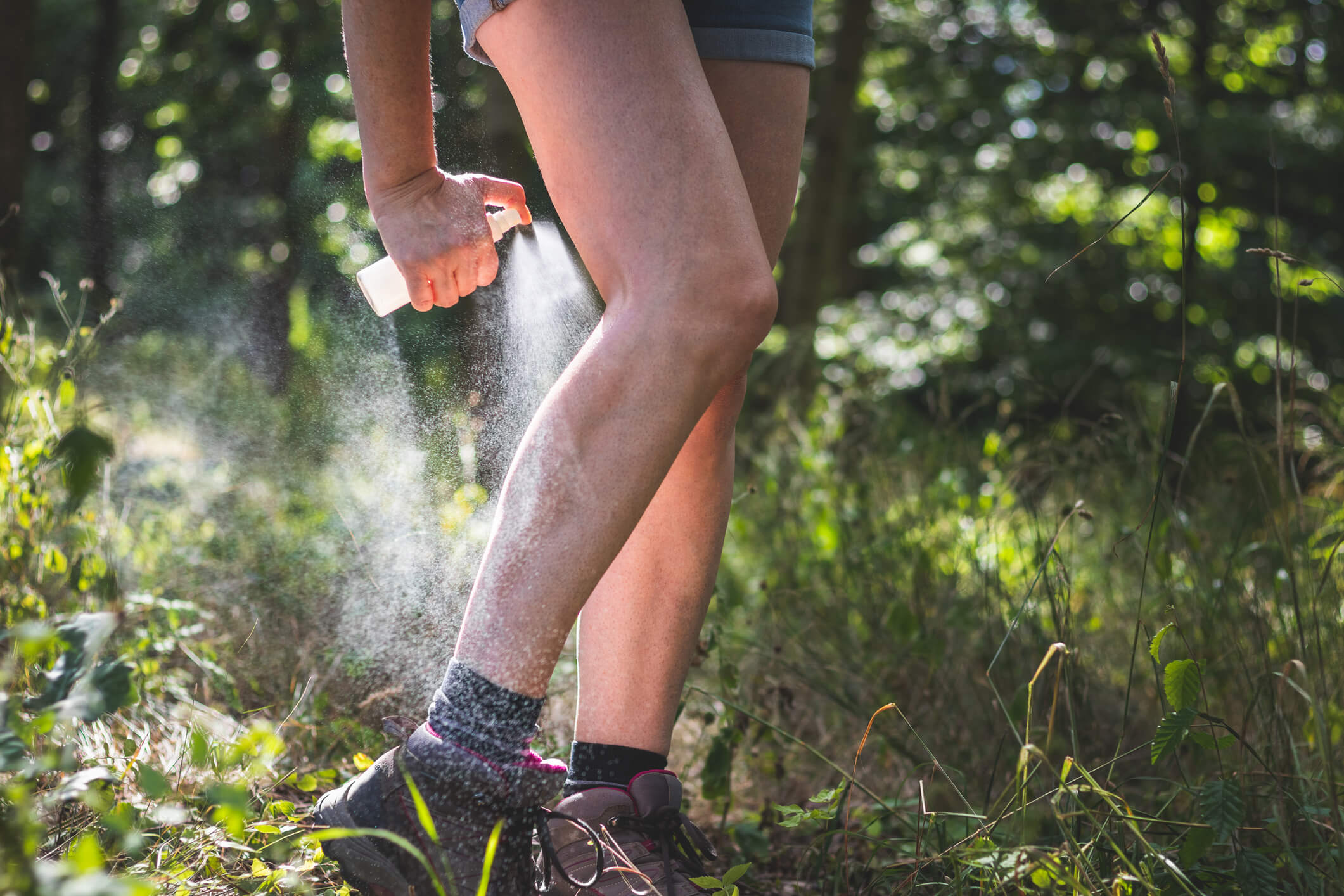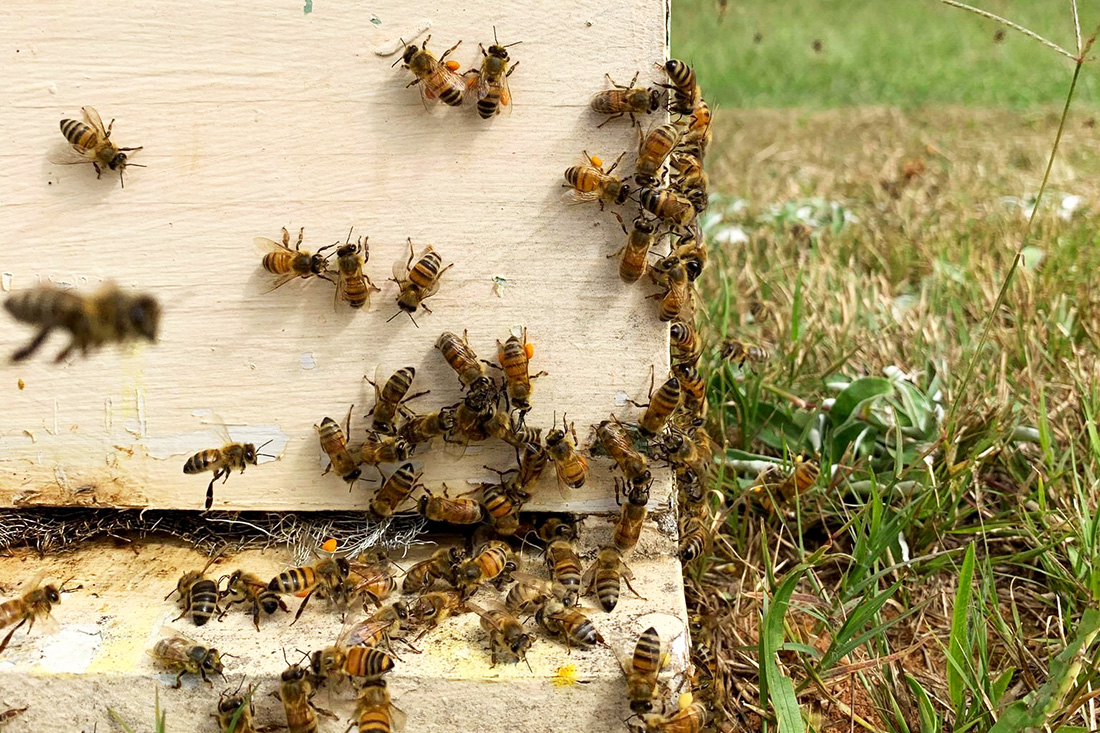
With the heat dome holding tight over the South and sliding east over Georgia, it is more important than ever to remember the basics of mosquito prevention. Most mosquito species — and there are 63 in Georgia — tend to thrive when it gets hot.
The increased temperatures promote mosquito development to their fastest rates of the season. The higher growth rate is purely driven by their general uptick in physiological activity and the greater amount of food and nutrients available in the standing water where the larvae are developing.
Warm overnight temperatures particularly enhance mosquito growth rate this time of the year. A recent rearing in our laboratory kept at 84-85 degrees Fahrenheit developed from freshly deposited eggs to emerging adult mosquitoes in seven days, and the mosquitoes were essentially completely emerged in nine days. In Athens time, that equates to two more complete generations before the South Carolina game.
We cannot talk about hot temperatures and mosquitoes and not mention climate change. As previously stated, mosquitoes do great in warm temperatures. If overnight temperatures are trending upwards, then mosquito populations will naturally thrive. That said, this is a very complicated cycle with increased periods of drought and moisture possible, so only time will tell.
The late summer period of rapid growth also coincides with the traditional period of peak West Nile virus activity in Georgia. Historically, the peak season for West Nile virus in Georgia is from Aug. 15 to Sept. 15. In recent weeks, areas where West Nile surveillance is conducted have already begun detecting the virus in samples of mosquitoes.
As for other mosquito-borne diseases, the recent occurrence of malaria in Florida and Texas appears to be under control with no new recent reports. No locally transmitted cases have been reported in Georgia. Georgia commonly averages around 40 travel-related cases of malaria each year. In these situations, someone travels to an area where malaria transmission occurs, gets bitten by an infected mosquito and then gets sick after returning to the state. Malaria is transmitted by the Anopheles mosquitoes. These mosquitoes are classified as permanent water mosquitoes and are not as common as many other species, tending to occur in more rural areas. Improved water management, modern insecticides, window screens and air conditioning have all led to a reduced risk of localized malaria transmission in Georgia and across the South.
While there have not been many human cases of mosquito-borne disease in Georgia this year, it is important to remember basic precautions to minimize mosquito populations and prevent mosquito bites.
All mosquitoes require standing water for their larval and pupal stages to develop. Diligently eliminating these sites around homes and neighborhoods will reduce many mosquito problems in the state. The Asian tiger mosquito (Aedes albopictus) is classified as a container breeder. This means the larval stages most commonly occur in containers around homes. Trays under plants, tires, buckets, tarps, bird baths, pet bowls and downspout drain pipes are all commonly infested sites around homes.
In terms of preventing mosquito-borne diseases, it is most critical to avoid getting bitten. The most effective way to do this is by wearing loose fitting, light-colored clothing and applying a U.S. Environmental Protection Agency-approved insect repellent to exposed skin. As always, follow the label instructions carefully. Several EPA-approved repellents are approved for use on children as young as 2 months old. When applying repellents to children, an adult should apply the repellent to their own hands and then apply it to the child’s exposed skin. Complete coverage is important, but the child’s hands should be avoided as a precaution.
Along the coast and across much of south Georgia, mosquitoes often develop in larger, natural areas and are more difficult for residents to address. These areas may have organized mosquito programs that should be supported by the local residents. Mosquito control is typically conducted with an integrated pest management-based approach where the practices of education, source reduction, surveillance, and application of larvicides and adulticides are all used.
Find more information on how to keep mosquito populations under control in University of Georgia Cooperative Extension Circular 1266, “Mosquito Control Around the Home.”



